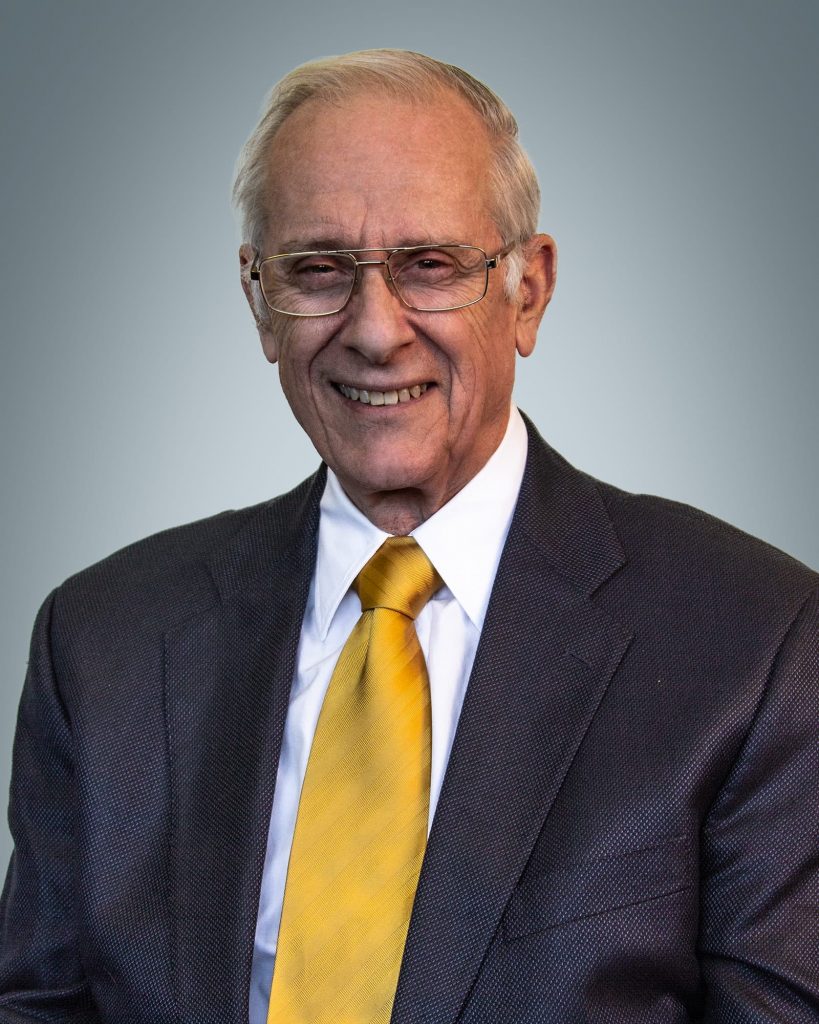Copyright The Star
The federal government has introduced sweeping reporting rules for private trust funds, which have been abused for decades by some wealthy Canadians to hide money from tax collectors.
Only months after the Star and CBC revealed an offshore trust fund worth $60 million (U.S.) linked to two generations of Liberal Party fundraisers in the Paradise Papers leak, Ottawa added the trust rules into the 2018 budget to force the people behind trust funds — those who contribute or receive payments as well as the lawyers and accountants who manage them — to identify themselves in tax filings.
New rules will require all trust funds to increase how often they must report to the CRA and what information they must include in those reports.
Tough penalties will force those who don’t file to consider the consequences of staying in the shadows. Those who fail to file a tax return for their trust will face fines equalling 5 per cent of its total value.
“Trusts are a great vehicle to obscure who owns what,” said Mora Johnson, an anti-corruption lawyer and former Global Affairs Canada official. “They are easily abused for money laundering because ultimately they’re a way to hold and move assets, with money changing hands, that can be incredibly opaque.
“As soon as you have more information available about trusts, you remove anonymity and put names to assets. This opens up opportunities for law enforcement to identify who is evading taxes.”
The Canadian government still has no comprehensive list of trust funds that have been set up in Canada or are used by Canadians because there is no requirement to register them. Trusts only have to reveal they exist when they voluntarily file a tax return to the Canada Revenue Agency. Many of them do, but it’s a system that relies on people to self-report.
The rules weren’t among the policies touted by the government in February when the budget was released. Instead, the trust rules were buried in a 78-page supplementary information booklet on tax measures.
But they have caused a stir in the tax industry that designs financial structures to reduce tax bills.
“It is more important than ever everyone is properly reporting to the CRA. The chances of getting caught for failing to do so are going up substantially,” wrote Edmonton tax lawyers MaryAnne Loney and Mike Harris in a blog post last month.
When contacted, both lawyers declined to comment further.
“We are moving forward with enhanced reporting requirements for certain trusts and addressing significant gaps that currently exist with respect to the gathering of information,” he said. “By addressing these gaps, we are ensuring that authorities have access to sufficient information in order to determine taxpayers’ tax liabilities, and effectively counter aggressive tax avoidance, tax evasion, money laundering and other criminal activities.”
While trust funds have been used by wealthy families for decades to manage their inheritances, offshore trusts based in tax havens like the Cayman Islands and the British Virgin Islands are also used by the wealthy to move their riches beyond the reach of tax authorities.
A Toronto Star/CBC investigation last November revealed that the chief fundraiser of the Liberal Party, Stephen Bronfman, and former Liberal Senator Leo Kolber, were linked through two Cayman Islands-based trust funds that amassed more than $60 million (U.S.) in assets outside the reach of the CRA for more than 20 years.
While the Finance Ministry couldn’t comment on this specific case, a source there confirmed the Panama and Paradise Papers reporting provided momentum and garnered public support for the reforms.
In 2016, the Financial Action Task Force, an international body that evaluates country’s risk factors for money laundering and terrorist financing, issued a report criticizing Canada’s trust rules.
“Trusts are misused to a relatively large extent for money laundering purposes,” the report stated. “Trusts can be structured to conceal the beneficial owner and can be used to disguise and convert illicit proceeds.”
“There is no general requirement for trusts to be registered,” the FATF report stated, and as a result there could be “millions of trusts” in the country, but no one knows exactly how many and what transactions they’re carrying out.
The new rules will require all trusts to increase how often they must report to the CRA and what information they must include in those reports.
Under the old rules, trust funds have to file tax returns with the CRA only when they have income from a Canadian source or distributions to a Canadian taxpayer. The new rules require trusts to file every year, regardless of whether they have income or distributions.
Under the old rules, trust funds only had to report contact information, which could be a lawyer or an accountant hired to sign forms instead of the true owners of the trust. The new rules oblige trusts to report the identities of all trustees, beneficiaries, settlers and “each person who has the ability … to exert control over trustee decisions regarding the appointment of income or capital of the trust,” according to the federal budget document.
The new rules don’t come into force until 2021, and they don’t apply to all trust funds, but the wealth management industry is already buzzing.
Edmonton tax lawyers Loney and Harris pointed out that trusts previously allowed several people to claim the same business deduction because the CRA wasn’t aware their companies were associated through a trust.
“All this will change once the first trust returns are filed for 2021. The CRA will suddenly have records of every beneficiary of every trust,” they wrote. “It’s far too easy to imagine them putting together an algorithm to identify where associated corporations have not been properly identified in corporate tax returns — not just for 2021 but for previous years as well.
“And this is only one potential new audit avenue open to the CRA. Trusts and their beneficiaries are often considered to be related for many purposes and as soon as any of the parties are non-resident there are a whole slew of other potential issues.”
Soon, all EU countries will require all trust funds to register with the government. Last year, the U.K. established its register, available only to law enforcement and tax officials. In 2016, France set up a public register for trusts, but it was taken offline after a legal challenge by a U.S. citizen who did not want the details of her childrens’ inheritance to be made public.



